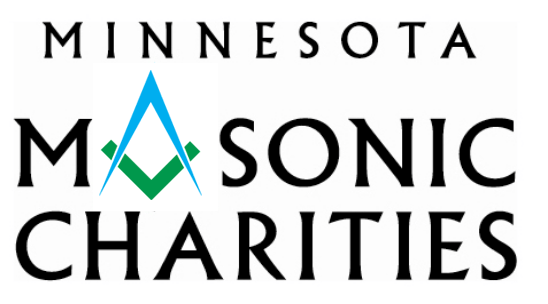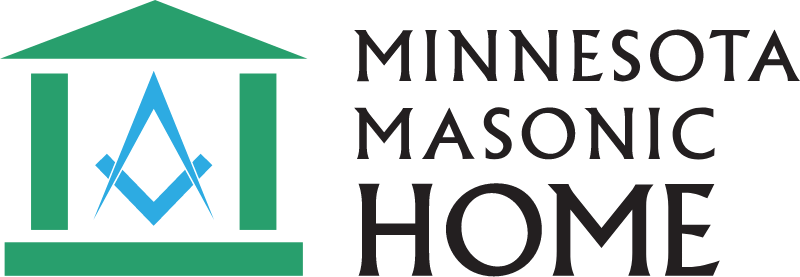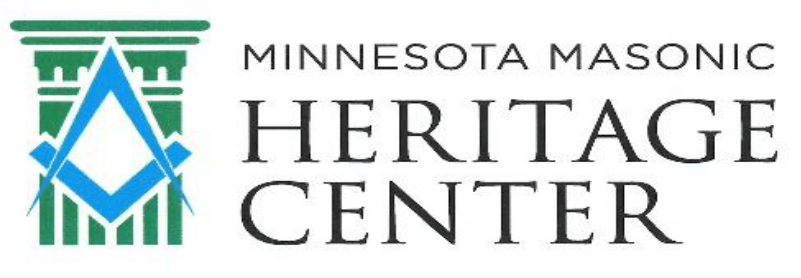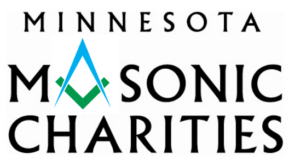Masons Prioritize Ending Veteran Homelessness
As a Minnesota Mason, chances are good that you’ve heard about MACV. The Minnesota Assistance Council for Veterans has been around for over 30 years, working tirelessly to end Veteran homelessness in Minnesota. Ties with Minnesota Masonry go back more than a decade, when the Grand Lodge of Minnesota and Minnesota Masonic Charities first teamed up to help support MACV’s efforts.
“Veteran assistance has always been a priority with the Masons, and remains a focus of Minnesota Masonic Charities,” said Eric J. Neetenbeek, president and CEO of Minnesota Masonic Charities. “MACV provides proven programs to Veterans who face homelessness while leveraging existing state programs. We have been very impressed with their outcomes.”
Grand Master Ethan Seaberg of the Grand Lodge of Minnesota agrees. “My introduction to MACV came partly through thanks from a veteran who’d used their services. By chance he learned I was a Mason, and he made a special effort to thank Minnesota Masonry for our assistance. Along with the support of Minnesota Masonic Charities, our Grand Lodge should be proud of our support of MACV.”
Together, the Masonic organizations have gifted nearly $350,000 to MACV, most recently with a combined gift in 2020 of $75,000 to help expand on the Council’s most promising programs for mitigating the barriers to housing many Veterans face.
Those barriers include complications Veterans often experience as a result of wounds both mental and physical. When working in partnership with MACV, many landlords typically will overlook tenant applications that list a history of, for example, past evictions or a criminal record correlated with addiction or mental illness.
“There are so many obstacles to people getting apartments,” said Brian Peterson, MACV’s Chief Financial Officer. “Our goal is for MACV’s programs to overcome those barriers and achieve housing outcomes for homeless Veterans otherwise not possible.

In 2018, Masonic support helped pilot MACV’s Master Leasing Program, in which the organization leased apartment units from landlords and then sublet the apartments to homeless Veterans. The program established strong relationships with landlords throughout the state, and provided stable housing to hundreds of Veterans.
“The Masons really helped us support our Master Leasing Program, which was a catalyst for a complete shift in approach to how we engage landlords in our mission,” said Shaun Riffe, Development Director at MACV. “It was one of many examples of the Masons giving with an encouragement to also try new ideas and creative solutions to achieve our mission. The flexibility of the support from the Masons has allowed us to grow that program into what we now call a Landlord Engagement Program.”
The updated program takes out MACV as the leasing “middle man,” and instead supports the Veterans and the landlords with services to ensure each tenant’s success.
“As part of the discovery process, we realized we needed to address the needs of the landlords first,” said Riffe. “When a landlord gets a MACV client, they are fully aware of the background of the Veteran coming in. We ask landlords to look past those issues because of our involvement.”
MACV landlord engagement specialists work with each Veteran client and are available to their landlords should any issues arise.
“Landlords can call the specialist and say, ‘Hey, I’m having a problem with this client,’” said Riffe. “We have that relationship. It has led to almost zero evictions. In those rare situations when somebody does need to be removed and its not a good fit, we can arrange for them to move out of the property without an eviction on their record and work with the client to go the next step. Everybody’s understanding that there’s somebody there to help and to keep this going.”
The organization starts by placing one or two Veteran clients with new landlords to the program to build that working relationship. In all cases thus far, landlords are happy to accept more MACV referrals, and so the program grows.
MACV also worked to help launch the state-funded “Landlord Incentive and Risk Mitigation Program,” which provides landlords who rent to Veterans-with-barriers with incentives such as vacancy loss reimbursement.
With the help of Masonic funding, MACV has also added “Healthcare Navigator,” a licensed social worker dedicated to connecting clients with the health resources they need on their path to stable housing.
“We’ve been doing this for 30 years,” said Peterson. “We’re not doing this on an island, and our mission is much larger than what just our organization can achieve alone. We partner with agencies throughout Minnesota around shared goals to help those most in need to achieve stable housing.”
For more information on the Minnesota Assistance Council for Veterans, visit mac-v.org.
Photo courtesy of MACV.




